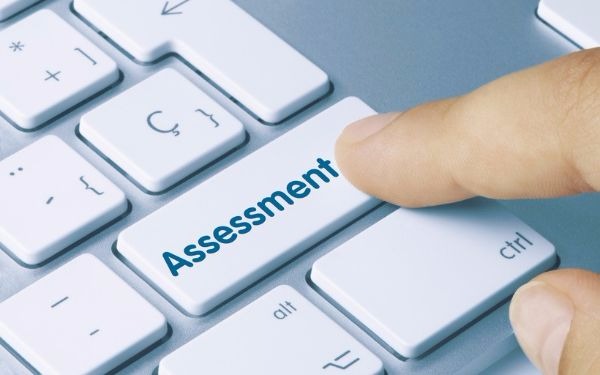
Practitioners should carry out Deprivation of Liberty Safeguards assessments (DoLS) face-to-face where needed, the government has said, reversing its previous Covid-19 guidance, which had said they should generally be conducted remotely.
Face-to-face visits are “an important part of the DoLS legal framework” and should be carried out when needed to meet people’s communication needs, in cases of urgency or where there are human rights concerns, said the updated Department of Health and Social Care guidance on DoLS, and the Mental Capacity Act more generally, under Covid-19, issued this week.
The previous guidance, published in April at the heart of the pandemic, said that assessors should not visit care homes or hospitals unless this was essential, with remote methods, such as telephone or video-based assessments and reliance on previous assessments, used as far as possible.
Under the revised guidance, best interests and mental health assessors should work with hospitals and care homes to determine whether a face-to-face visit is appropriate, and follow local visiting and infection control policies. Separate government guidance, published in July, permits care homes to allow visits on a limited basis, based on advice from their local authority’s director of public health.
The revised DoLS guidance also said that independent mental capacity advocates and relevant person’s representatives, who support and represent people subject to the DoLS process, should also carry out face-to-face visits if needed
Changes in guidance on face-to-face visits
Previous guidance: To carry out a DoLS assessments and reviews, remote techniques should be used as far as possible, such as telephone or videocalls where appropriate to do so, the person’s communication needs should be taken into consideration…DoLS assessors should not visit care homes or hospitals unless a face-to-face visit is essential.
Current guidance: Face-to-face visits by professionals, for example for DoLS assessments, are an important part of the DoLS legal framework. These visits should occur if needed, for example to meet the person’s specific communication needs, urgency or if there are concerns about the person’s human rights.
Emphasis on avoiding new DoLS cases
While the revised advice makes some other changes – including an extra paragraph in supplementary guidance on best interests decisions for people who lack capacity to consent to self-isolation or coronavirus testing before a hospital procedure – it is mainly unchanged from its predecessor.
As previously, its emphasis is on minimising the number of fresh DoLS applications through emphasising that most restrictions on liberty during the pandemic would either not constitute a deprivation of liberty for the purposes of Article 5 of the European Convention on Human Rights, for instance because they were for the purposes of life-saving treatment, or would be covered by an existing DoLS authorisation.
Concerns were raised by the Care Quality Commission in July about risks that increasing numbers of people may be deprived of their liberty unlawfully, because of a sharp drop in the number of notifications it received from providers about DoLS applications between March and May 2020.
It suggested this was down to providers reducing their focus on DoLS because of the then impending implementation of its replacement, the Liberty Protection Safeguards, which has now been put back until April 2022. However, care provider leaders said that the drop was in line with the government guidance and also reflected lower occupancy levels in care homes as a result of Covid-19. Councils also reported an increase in DoLS applications in the summer following a drop in the early months of the pandemic.


 Bournemouth, Christchurch and Poole
Bournemouth, Christchurch and Poole  Hampshire County Council
Hampshire County Council  Lincolnshire County Council
Lincolnshire County Council  Norfolk County Council
Norfolk County Council  Northamptonshire Children’s Trust
Northamptonshire Children’s Trust  South Gloucestershire Council
South Gloucestershire Council  Wiltshire Council
Wiltshire Council  Wokingham Borough Council
Wokingham Borough Council  Children and young people with SEND are ‘valued and prioritised’ in Wiltshire, find inspectors
Children and young people with SEND are ‘valued and prioritised’ in Wiltshire, find inspectors  How specialist refugee teams benefit young people and social workers
How specialist refugee teams benefit young people and social workers  Podcast: returning to social work after becoming a first-time parent
Podcast: returning to social work after becoming a first-time parent  Podcast: would you work for an inadequate-rated service?
Podcast: would you work for an inadequate-rated service?  Family help: one local authority’s experience of the model
Family help: one local authority’s experience of the model  Workforce Insights – showcasing a selection of the sector’s top recruiters
Workforce Insights – showcasing a selection of the sector’s top recruiters 

 Facebook
Facebook X
X LinkedIn
LinkedIn Instagram
Instagram
Comments are closed.